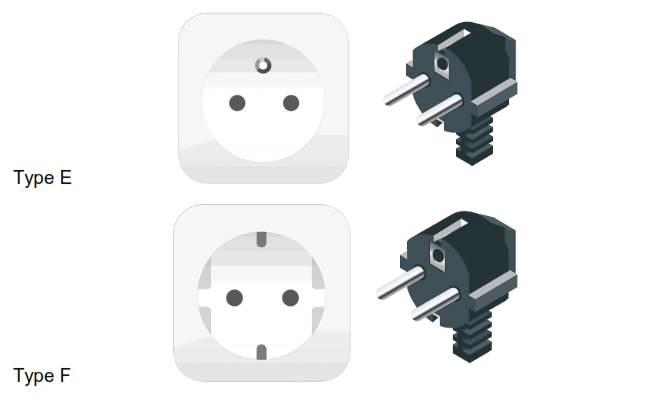In Addis Ababa
Language:
English is the commonly used foreign language in Addis Ababa but is not widely spoken outside of the city. Amharic is the official language across Ethiopia, and is used in government, education, and business. As such, it is also the most spoken language in Addis Ababa. Approximately 34% of the population speaks Amharic. Speaking English can help you navigate the city a little more easily, from ordering food in restaurants to negotiating prices in markets.
Currency and Money:
The official currency is the Ethiopian Birr (ETB), which is the primary unit of currency in Ethiopia and can be divided into 100 centimes. Addis Ababa has many ATMs but they do accept international cards. Travelers should ensure that they have enough cash to exchange during their trip.
Exchange rates (indicative only):
For the most current exchange rates, check current internet sites such as www.xe.com. Banking transactions and currency exchange can be performed in the Commercial Bank of Ethiopia foreign exchange bureaus.
Local Currency (Birr) Limits:
Individuals entering or exiting Ethiopia are allowed to carry up to 3,000 Birr. A higher limit of 10,000 Birr applies to travelers to and from Djibouti, reflecting the close economic ties between the two countries.
Foreign Currency Restrictions
Foreigners and Ethiopians residing in Ethiopia must declare any amount exceeding USD 4,000 or its equivalent in other convertible currencies upon entry.
Non-residents, including foreigners of Ethiopian origin and Ethiopians living abroad, must declare amounts exceeding USD 10,000 or its equivalent.
All foreign currencies must be converted within 30 days of entry for residents and within 90 days for non-residents intending to stay longer.
Meals:
The national dish consumed by most Ethiopians is injera, a flat, sour dough pancake made from a special grain called teff, which is served with either meat or vegetable sauces. Ethiopians eat these injera by tearing off a bit of injera and uses it to pick up pieces of meat or mop up the sauce.
Tipping:
The average tipping percentage in restaurants in Addis Ababa is anywhere between 8- 15%. Tipping hotel staff is common and is determined by the level of service that one receives. Leaving a few birrs for the hotel waiter is acceptable and sufficient and the same for the hotel porter, concierge and cleaning staff.
Weather, Climate, and Clothing
Addis Ababa is located 2355 m in altitude and records a subtropical highland climate with a complex mix of alpine climate zones, with temperature differences of up to 10 °C, depending on elevation and prevailing wind pattern. During the month of July, throughout the daytime, temperatures often hover around 21°C. However, as the sun sets and evening approaches, there’s a noticeable cool-down, with temperatures gently dropping to a more temperate 12°C. Average temperatures in the month of July range from 11-21°C.
Please check the weather before flying and pack and dress accordingly. Consider whether to bring an umbrella.
Local Time
Time zone in Addis Ababa is UTC +3 (GMT 3, East African Time). To convert time zones, you may wish to use a quick time zone calculator like this one: https://www.timeservers.net/cities/et/addis-ababa
Telephone Services
The largest telephone company is ETHIO TELECOM, followed by SAFARICOM. Both companies have their shops at the airport. We recommend that participants who need a local line purchase one upon arrival at the airport.
Electricity
Electricity access in Ethiopia reaches 92% of the population in urban areas, while in only 38% in rural areas, though the number is increasing. Power cuts in Addis Ababa are rare but not uncommon.


In Ethiopia, power plugs and sockets (outlets) of type C, type E and type F are used. The standard voltage is 220 V at a frequency of 50 Hz. Note that you may need an adapter to plug your electrical devices into local power plug sockets.



